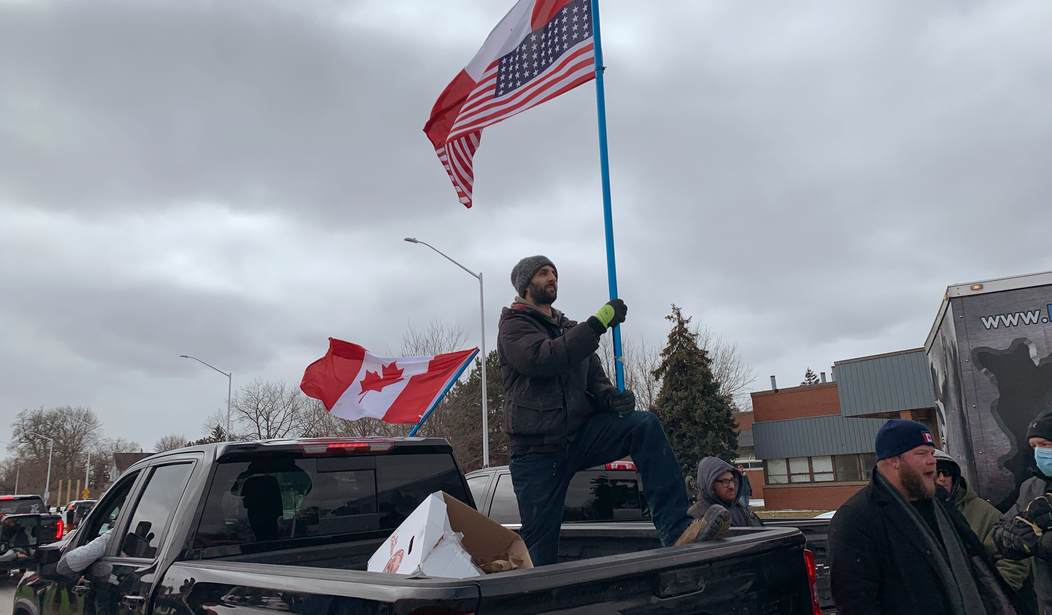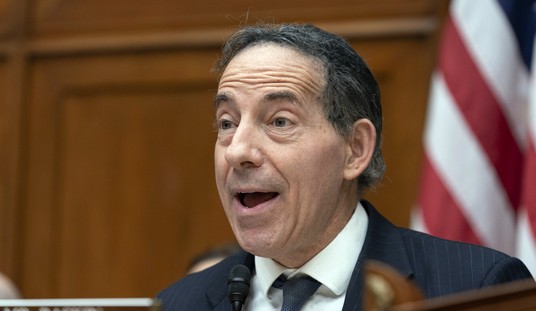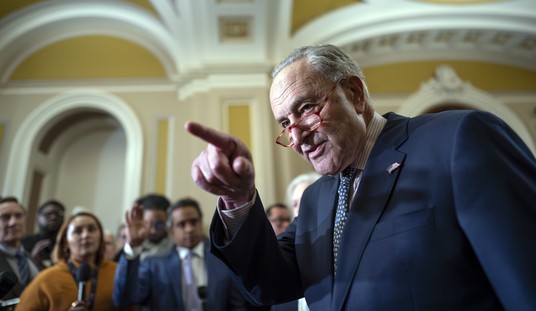I'm a big fan of thought exercises. They are fun, and when I switch hats to fiction writing, as I write a lot in the "alternative history" genre, I play a lot of "what if" games. Which brings us to today. That's why I find it interesting that there's been a lot of talk lately about Greenland and Canada, and the possibility of either or both being annexed by the United States.
With the Canadian Liberal Party's apparently falling from grace with a loud splash, there's a chance that the Great White North may be able to salvage its sinking fortunes. Greenland, we should remember, is a Danish possession, but lately, some Greenlanders have been a little restive about that relationship. Might they be open to a change?
In all candor, I don't think either will happen. Canada will remain Canada, and Greenland might push for more autonomy, but they won't join the United States. Their big gain, one would think, would be in defense of the strategic location Greenland occupies in the North Atlantic, but as long as Denmark retains possession of Greenland, we are already obligated by NATO treaty to defend it. Smart money says that the status quo will remain in place.
Just for fun, though, let's take the annexation of Greenland and Canada as a fait accompli. What, then, would this new American Empire look like?
Canada has ten provinces and three territories that extend from the Arctic Ocean to the United States border, from the Atlantic to the Pacific. The ten provinces would likely insist on statehood. Problem: The governments of the eastern provinces and British Columbia, the more highly populated provinces, are well to the left of the American mainstream. How to balance that? Well, since we're divvying up states, how about doing some redrawing of lines here in the United States as well? Let the State of Jefferson happen; Greater Idaho, as well. Let the northern tier and western slope of Colorado break away. Instead of 60 states, we may end up with 70 or 80. That's OK; there's plenty of room in our flag's blue field. But without such a redrawing, American politics would be dragged to the left by formerly-Canadian voters. That isn't acceptable. The same would apply in reverse; for example, the former Canadian provinces would then be subject to the First and Second Amendments of the United States Constitution, which would eliminate a lot of their gun control and "hate speech" laws. Imagine if Congress finally passed a concealed-carry reciprocity law - one could carry a sidearm while driving from Miami to Fairbanks without having to worry about local jurisdictions setting up stumbling blocks.
As for the territories, they are already in that status; let them remain so, and be governed as territories. I admit, it would be nice to be able to drive from here to the lower 48 without going through Customs. At the moment, I need my passport to go fishing in the Yukon, and that's kind of a pain.
See Related: BREAKING: Trudeau Makes Big Announcement About His Future
Former Trump Adviser: Make Greenland Part of Alaska. Alaskans: No Thanks.
Greenland, for the time being, would be managed as a possession, like Puerto Rico. Again, it already has that status, like Denmark; this would allow Greenlanders to pretty much continue as they are while giving the United States direct control of this strategic location and access to Greenland's growing list of resources. Considerable those resources are, including not only gas and oil but also some rare earth minerals, some of which we currently obtain from China.
There would be some advantages to this new situation if the political stumbling blocks could be dealt with. The new American Empire would have only one non-contiguous state, Hawaii; the territory of the United States would encompass all of North America from the Mexican border to the Arctic Ocean, from the Atlantic to the Pacific. We would hold a strategic location in the North Atlantic and access to all that land's mineral resources. We would have better oversight of any possible future Arctic Ocean trade routes as well.
Not to mention all the great hunting and fishing in places like British Columbia, the Northwest Territories, and the northern provinces/states!
This is all just speculation, of course. "What if" games are entertaining. You could argue that, once a nation or a culture stops growing, it starts dying. You could also argue that by annexing these territories, America would be building an unprecedented North American empire. But it's been a long time since the United States added any territory, states or otherwise; in fact, the last new states added were my own Alaska (1959) and Hawaii (also 1959.)
Is it time to change that?
This article has been updated post-publication for clarity.













